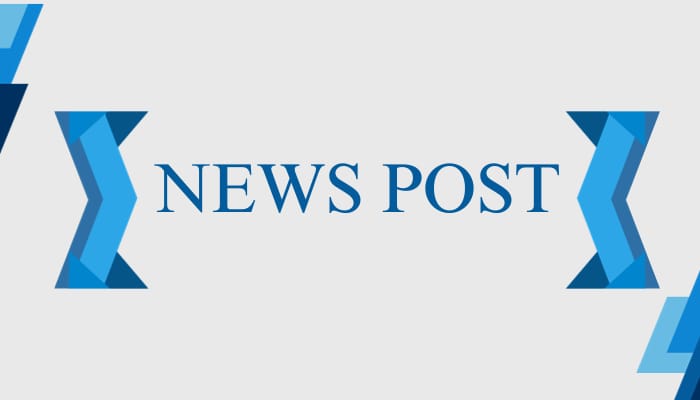How growth was lost
Rising inflation rates and depleting reserves were among the extraordinary economic difficulties Pakistan faced during the leadership of then finance minister Ishaq Dar and the Pakistan Democratic Movement (PDM) government. Dar imposed harsh import restrictions in an attempt to prevent a sovereign default because the State Bank of Pakistan's (SBP) reserves were dangerously low, not even enough to pay for a month's worth of imports. However, a slowdown in economic growth was a result of these policies. The US dollar's artificial value under Dar's leadership resulted in notable differences between interbank and open market exchange rates.
The PDM administration requested assistance from the International Monetary Fund (IMF) when the state was on the brink of default. A $3 billion Standby Arrangement (SBA) was agreed upon between Pakistan and the IMF in July 2023. Throughout the current fiscal year, the SBP has kept the policy rate at around 22 per cent, which effectively controlled inflation but at the cost of economic growth. The private sector's borrowing has fallen dramatically and, as a result, so has growth. In order to stimulate the economy, banks must begin lending to the private sector again.
Hamza Munir
Mardan
-
 Will There Be 'Smiling Friends' Season 4? Animated Series' Creators Make Big Announcement
Will There Be 'Smiling Friends' Season 4? Animated Series' Creators Make Big Announcement -
 Jennifer Aniston, Boyfriend Jim Curtis Prepare To Move In After 'hard Launching' Their Relationship?
Jennifer Aniston, Boyfriend Jim Curtis Prepare To Move In After 'hard Launching' Their Relationship? -
 Lamar Odom Details Struggle With Addiction And ‘amazing’ Rehab Experience
Lamar Odom Details Struggle With Addiction And ‘amazing’ Rehab Experience -
 Nvidia Vs Intel: Jensen Huang Braces Investors For Renewed Battle As Chip Wars Reignite
Nvidia Vs Intel: Jensen Huang Braces Investors For Renewed Battle As Chip Wars Reignite -
 Heidi Montag Reveals Why She Felt 'robbed' On 'The Masked Singer' After Her Elimination
Heidi Montag Reveals Why She Felt 'robbed' On 'The Masked Singer' After Her Elimination -
 Australia’s Former PM Gives His Honest Take Against The British Monarchy: ‘It Remains This Anachronism’
Australia’s Former PM Gives His Honest Take Against The British Monarchy: ‘It Remains This Anachronism’ -
 Bombshell Reason Behind Cardi B, Stefon Diggs' Breakup Revealed
Bombshell Reason Behind Cardi B, Stefon Diggs' Breakup Revealed -
 Hilary Duff Details How She Protected Her Children’s Mental Health Amid Divorce
Hilary Duff Details How She Protected Her Children’s Mental Health Amid Divorce -
 'The Masked Singer's Snow Cone's Identity Revealed
'The Masked Singer's Snow Cone's Identity Revealed -
 Kash Patel Fires FBI Officials Behind Trump Mar-a-Lago Documents Probe, Reports Say
Kash Patel Fires FBI Officials Behind Trump Mar-a-Lago Documents Probe, Reports Say -
 Martin Short's Daughter Katherine's Death Takes Shocking Turn As Terrific Details Emerge
Martin Short's Daughter Katherine's Death Takes Shocking Turn As Terrific Details Emerge -
 Jeff Galloway, Olympian, Author, Running Legend, Dead At 80
Jeff Galloway, Olympian, Author, Running Legend, Dead At 80 -
 Patrick Dempsey Reacts To Tragic Death Of His 'Grey's Anatomy' Co-star Eric Dane
Patrick Dempsey Reacts To Tragic Death Of His 'Grey's Anatomy' Co-star Eric Dane -
 Sidney Crosby Injury News Shakes Penguins After Olympic Tournament
Sidney Crosby Injury News Shakes Penguins After Olympic Tournament -
 Yankees Honour CC Sabathia With No. 52 Retirement This September
Yankees Honour CC Sabathia With No. 52 Retirement This September -
 Cuban Government Says Boat Full Of Armed Men Fired On Border Guards, Killing 4
Cuban Government Says Boat Full Of Armed Men Fired On Border Guards, Killing 4




